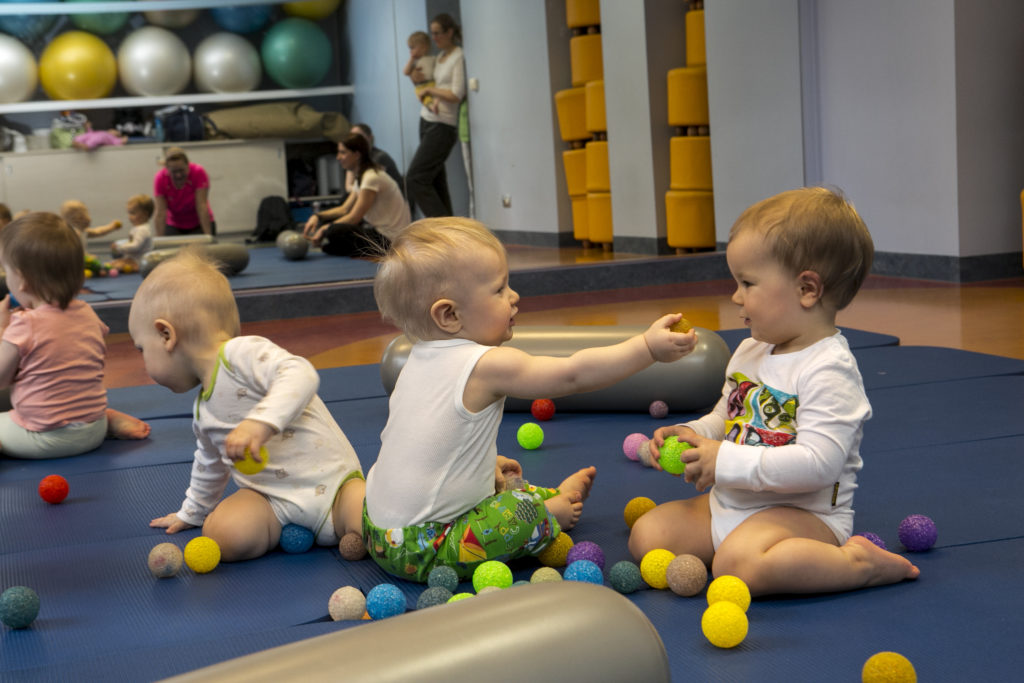According to UNICEF, Estonia is one of the five countries expat families love; the rating takes into the account every emigrating family’s top question: where are the best places to raise children or be a child, BBC Travel writes.
“For people looking to relocate, rankings of the world’s most liveable countries can be helpful. But with kids in tow, there are more factors to weigh than, say, average income or economic stability. You might want to know about local children’s health or happiness, the quality of education, family leave policies – even which countries have the greenest space or playgrounds,” according to BBC Travel.
It’s these sorts of factors that UNICEF – originally called the United Nations International Children’s Emergency Fund – focuses on in its “report cards” on child wellbeing, BBC says.
“While Estonia isn’t at the top of UNICEF’s rankings overall, it rates highly for a number of important aspects. Children are exposed to less air pollution, less noise pollution and fewer pesticides than in almost any other wealthy country. It has more urban green space than many other nations, including the US, Canada, Australia and the UK, and children are especially likely to say that they enjoy their neighbourhood recreation facilities, such as playgrounds. Estonia also has the second-lowest rate of babies born underweight of any wealthy country, generally considered to be a good indicator of the quality of prenatal care.”

One of the biggest draws, however, might be Estonia’s education system: children have better maths, science and literacy skills than any country outside Asia. Digital skills are emphasised, too.
One of the most generous maternity and paternity leave in the world
“Already in kindergartens, there are robotics, smart tablets and so on, all used as part of play-based learning,” Anne-Mai Meesak, a project manager at Estonia’s education and youth board who researches the country’s early education systems, said, according to BBC Travel.
A recent OECD report found that the average Estonian five-year-old is better at various social-emotional skills, including cooperating with other children and identifying emotions, than those in the US and England. They’re also well above the OECD average for self-regulation skills like mental flexibility, working memory and inhibiting impulses, BBC says.

“Then there is family leave: Estonia has one of the most generous policies of any country in the world, with 100 days of maternity leave as well as 30 days of paternity leave followed by 475 days of paid parental leave, to be split – or used part-time – up until the child is three. For up to 60 of those days, both parents can stay home simultaneously and both be paid.”
“Each parent also receives 10 working days per year of paid parental leave for each child under 14,” according to the BBC, who adds that this leave is available to both permanent and temporary residents of Estonia, including foreigners.
Japan tops the five countries expat families love list right ahead of Estonia. Spain came in third, Finland fourth and the Netherlands fifth.

